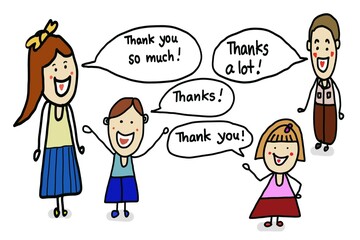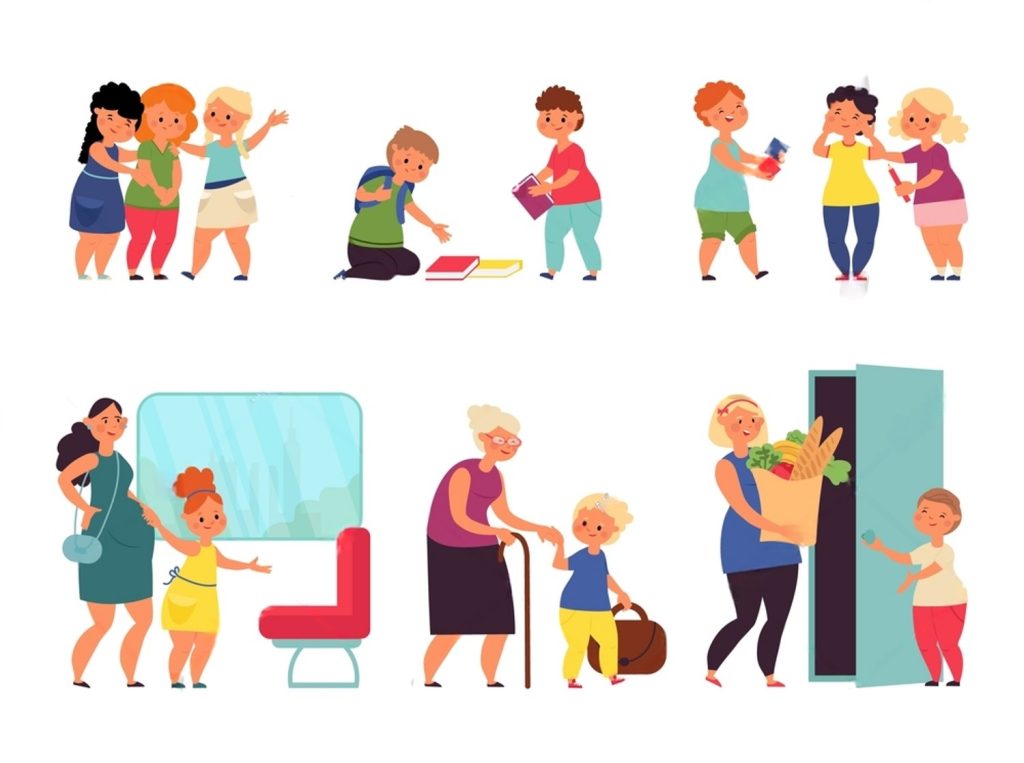Manners play a crucial role in shaping a child’s social skills and emotional intelligence. Teaching young children to be polite not only helps them build positive relationships but also fosters kindness, empathy, and respect. However, traditional methods of instruction may not always work for preschoolers, who learn best through play and engagement.
Here’s how you can teach manners in a way that is fun, interactive, and effective!
Between the ages of 2 and 5, children are in a prime stage of social and emotional development. They begin to understand how their actions affect others and can start forming habits that will last a lifetime. Teaching manners early helps with:
1. Use Interactive Games
Children learn best through play, so incorporating games makes manners fun:
2. Teach Through Storytelling
Books and storytelling help preschoolers understand the importance of good manners. Some great books include:
After reading, role-play scenarios from the book, letting kids practice their polite responses.

Pretend play allows children to practice manners in real-life situations:
Children mimic what they see, so practicing good manners yourself is essential. Use polite words when speaking to them, and reinforce phrases like “please,” “thank you,” and “excuse me” in everyday conversations.

Encourage and reward good manners with verbal praise or a reward system:
Set a “Manners Challenge” where your child earns points for using polite phrases. At the end of the week, reward them with a fun activity or treat.
Music makes learning enjoyable and memorable. Try simple songs like:
“Please and thank you, please and thank you, we must say, every day!”
You can also make up your own rhymes to reinforce polite phrases.
Help preschoolers understand why manners matter by connecting them to emotions. Ask:
Discussing these ideas helps children see the impact of their actions.
Teaching manners doesn’t have to feel like a chore! By making it fun, interactive, and consistent, you help your child develop good habits that will benefit them throughout life.